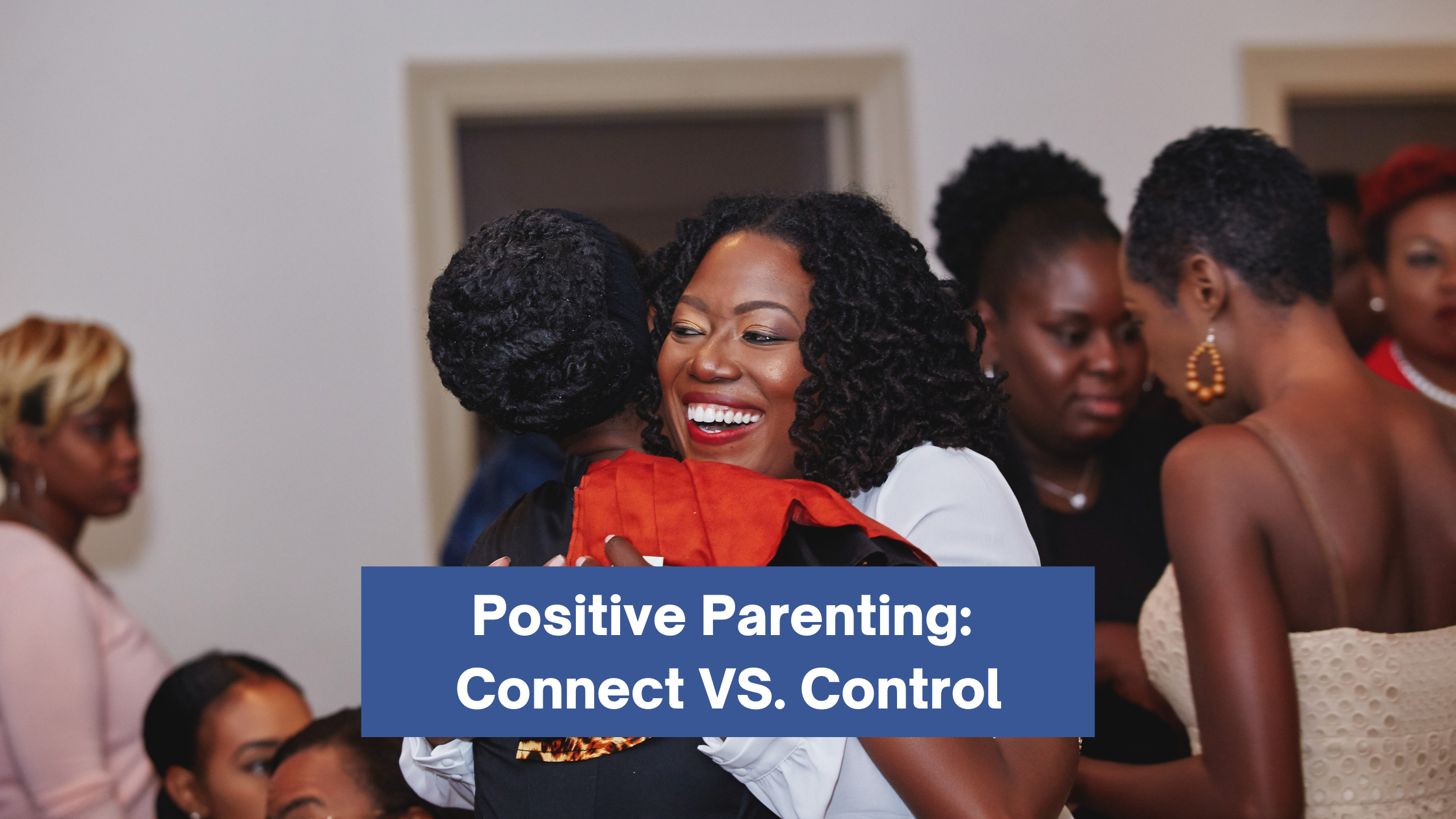
Motherhood is not about age, or biology. It’s about identity.
Something I have learned in my 21 years as a parent and supporting other parents in my communication skills coaching practice is that we cannot and should not control our kids.
But we can and should influence them.
It’s not always easy, and we won’t get it right all the time, but getting better each day is the goal.
What does that mean for you, as a parent? It means that you don’t have the right to use your title to be a dictator to them, and it also means that you have the ability to help them become their best selves. What’s more, it means that you can do this while maintaining a strong bond of mutual respect.
Here are some ideas for how to shift from using punishment—a tool of control—to using discipline—a tool of influence.
- The first thing is to identify and clarify your beliefs about what it means to be a parent.
Some parents believe that it’s their job to be the boss, and so they use punishments as a way of maintaining order. But if you believe that the role of a parent is to guide, nurture, and inspire growth, then punishments may not make sense to you anymore. Instead, you’d want to find strategies for helping your child learn from his or her mistakes and grow from them. You’d want to offer opportunities for education that help your child make better decisions in the future. Punishment is one-way; discipline is two-way. Punishment says “I am in charge.” Discipline says “We are in this together.”
- Next, write down why each item matters.
This step is super important because it will help you understand what’s really motivating your child. Why does it matter that they treat others with kindness and respect? Why does it matter that they learn to manage stress? Why does it matter that they know how to collaborate with others?
- Lastly, identify what beliefs are driving each outcome—what are they believing that guides their behavior; how do they see themselves in the world they live in?
Raising children is not easy, especially when they go against our wishes. Sometimes we are right, and sometimes we are not. The most important thing is to remember that an apology is not a weakness. It’s not giving up your authority as the parent—it’s just owning up to the fact that you’re human and there are limits on what kind of control you can exert over another person’s behavior. Even if you can’t control the actions of others, it doesn’t mean you are weak—it’s just proof that you’re human.
If you’re raising children and it’s going well, I wish you a continued journey. And if you’re in a season where it feels difficult and hard, this too shall pass.
Would you like to learn more about Clear Communication Solutions? Visit the media page, or if you’d like to book a consult for private coaching, contact me today.
